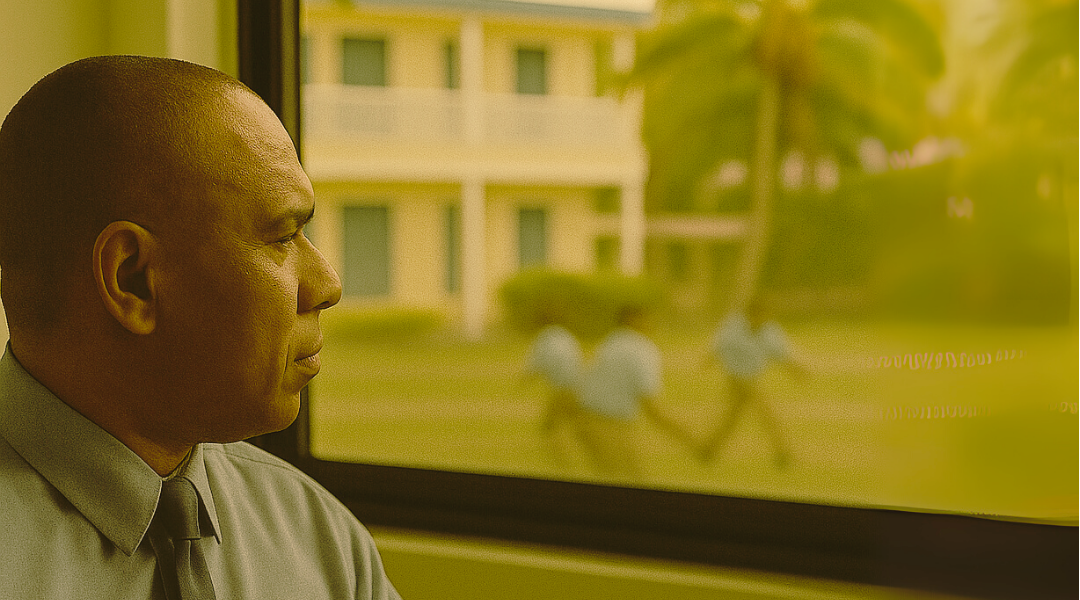What if I told you that artificial intelligence sometimes makes things up? Even as I type, the software is predicting my next word—sometimes getting it right, often getting it wrong. But what fascinates me most is that when AI doesn’t know something, it doesn’t stop. It fills in the blanks.
This concept of AI hallucinating intrigues me because it highlights a fundamental truth: when we fail to document our knowledge and experiences, gaps are filled—sometimes by others, sometimes by machines, and often by misinformation.
I’m not talking about the things meant for your personal journal. I mean the knowledge you’ve gained through experience—the things only you might know. How to make wine from a random fruit in your garden. The secret to keeping iguanas from eating your tomatoes. The unique history of your family, your community, your culture.
Knowledge isn’t just for personal growth; its real power lies in sharing it. When we write it down, record it, or teach it, we ensure it lives beyond us. If we don’t, someone—or something—will rewrite it for us.
AI and the Danger of Missing Stories
When I write about aspects of Montserratian or Caribbean history, I sometimes find that no references exist online. If AI can’t locate a source, it either says, “I don’t know,” or—more concerningly—it fabricates a plausible-sounding answer. That’s a problem. If we’re not writing our own stories, how many others are being distorted or lost entirely?
This isn’t just about AI. Historically, when certain voices were left out of textbooks, history books, and the media, their stories were erased or rewritten. Today, we have the tools to prevent that. We can publish books, blogs, podcasts, films, and vlogs—ensuring our narratives are preserved accurately.
AI in Education: Teaching Fact or Fiction?
There’s growing interest in using AI in classrooms, particularly where human teachers are limited. But what will we teach AI to teach? If we don’t document our history, will AI make it up? Or will we equip it with the real, lived experiences of our people?
If we want to move beyond a generic version of local history, we must take responsibility for capturing it ourselves. AI can be a tool for amplifying knowledge, but only if we provide it with authentic sources to learn from.
Your Story Matters—Tell It
We all have a story, and you’d be surprised how valuable it can be to the right person. If you’ve learned something—about your culture, your community, your craft—write it down. Share it. Publish it. Not just for yourself, but for the generations to come.
Because if we don’t tell our own stories, someone—or something—else will.


